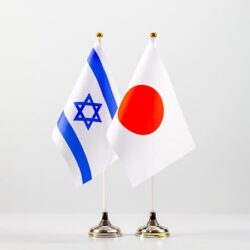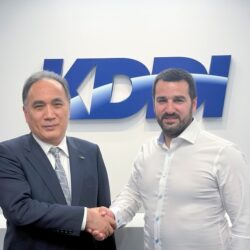Shmuel Schnitzer has been in the diamond industry for almost 50 years. Every day he comes to the office, opens a package of new diamonds – and still gets goosebumps every time.

“I think a polished diamond is the most aesthetic thing there is,” Shmuel tells us.
In this interview, Shmuel gives his insight about the diamond industry and the past, present, and future of Japan and Israel’s diamond love story after serving as President of the Israel Diamond Exchange and as President of the World Federation of Diamond Exchanges for many years.
目次
How Shmuel paved his way up S.Schnitzer Diamonds
Shmuel grew up with an abundance of one of the world’s biggest luxuries. For 26 years, his father was president of the Israeli Diamond Exchange.

His father set up the family diamond business in 1952. By the time Shmuel joined, the company had acquired a well-known presence in many parts of the world (USA, Hong Kong, Japan, Europe, and Australia).
Fame aside, Shmuel started as a diamond worker.
“I worked in a factory that belonged to my family in Tel Aviv for over a year. Then, I moved to our offices in Ramat Gan and started to manage diamonds, which led me to where I am today.”
A diamond is a purchase of trust
“Trust is paramount. A lot of people in this industry buy out of trust. Not every jeweler knows a diamond’s quality, they trust that I will give them the right diamond at the right value”
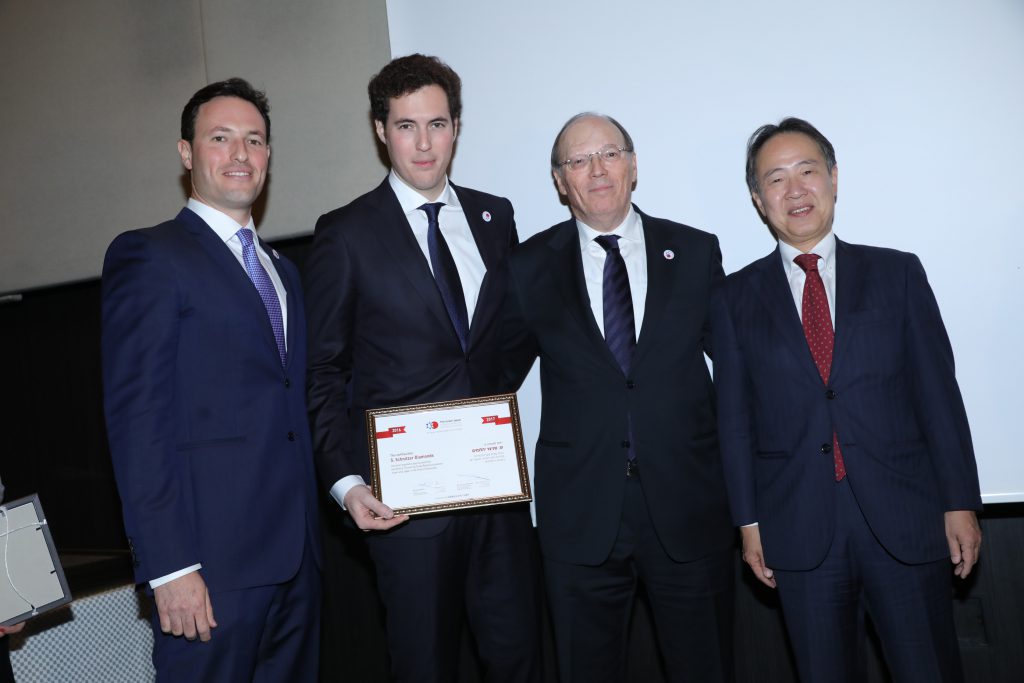
Shmuel understands that the diamond business is not just about the product, it is also about the people. Gaining trust and being able to communicate with his customers is what pushed Shmuel's business to the top.
In the early 2000s, Shmuel was reminded of the importance of trust, when the existence of conflict diamonds became known to the world and consequently caused a blow to the industry.
“Blood diamonds, or as we prefer to call them conflict diamonds caused a huge decrease in sales. At the time it was said that the civil wars in diamond-producing African countries such as Angola, Congo, Sierra Leone, and others were funded by the diamond trade.”
“I undertook together with a few other partners to change this stigma. We wanted to prove that the diamond industry was not involved with causing any conflict in these countries. We created a mechanism that required accurate documentation regarding every diamond that came out of Africa, and a certificate was attached that showed exactly where it came from which proved that it was not related to the war.”
Golden years for diamonds in Japan in the 60ies and 70ies
The 60s and 70s were years of growth for diamonds in Japan. When De Beers, the largest diamond company in the world, started its promotion in the Japanese market – the largest diamond producer in the world – only 16% of women in Japan wore engagement rings with diamonds, they took an aggressive marketing approach which increased the number to 70% within just 20 years. They did a very big campaign with ads on tv, newspapers, and billboards, under the slogans “diamonds are forever” and “diamonds are a girl's best friend”.
As the largest diamond market in the world, Israel was the ideal exporter. Shmuel, who had an existing love for Japanese culture, seized the opportunity and quickly became a favorite with Japanese importers.
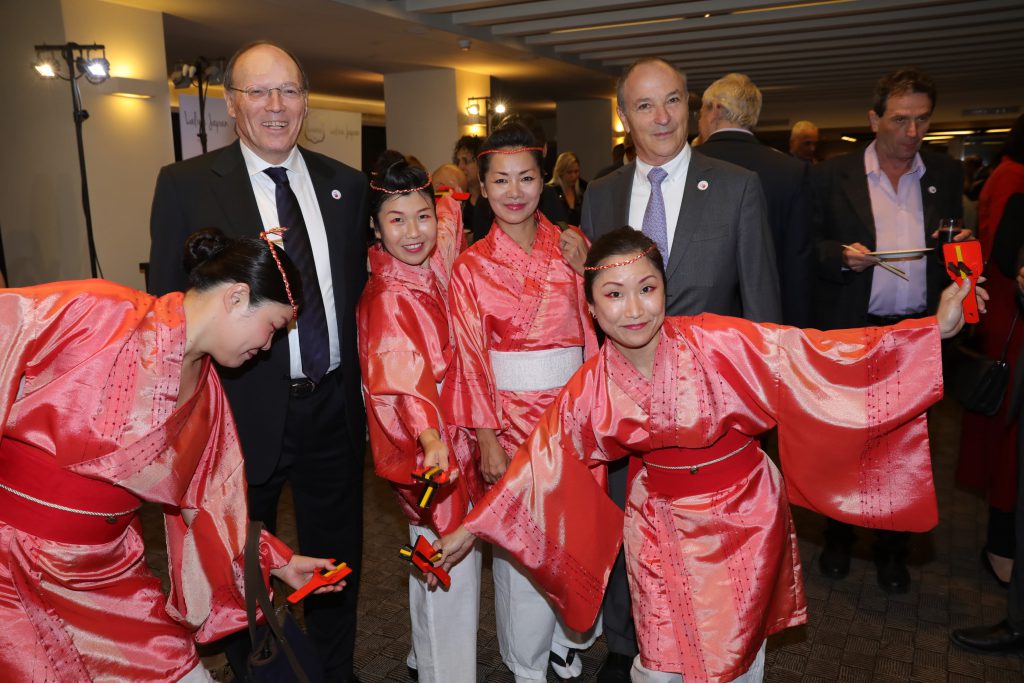
“The Japanese appreciate that Israel is a large center of diamonds. Here they can get a whole range of diamonds, from the smallest diamonds to the largest. Besides, through the years, ideal communication has been established between the Israeli supplier and the Japanese customer. We Israelis know very well the demands and preferences of the Japanese market, and while others struggle to get used to the Japanese way of working, we are already very proficient.”
Revitalizing the diamond trade between Japan and Israel
At the end of the 90’s beginning of 2000, Japan’s economy went into recession. Luxury goods were the first to lose revenue.
On top, in the 90s, Japan issued warnings on travel to Israel due to instability in the region.
As a result, trade between Japan and Israel declined dramatically but S.Schnitzer is working on bringing back the glory days.
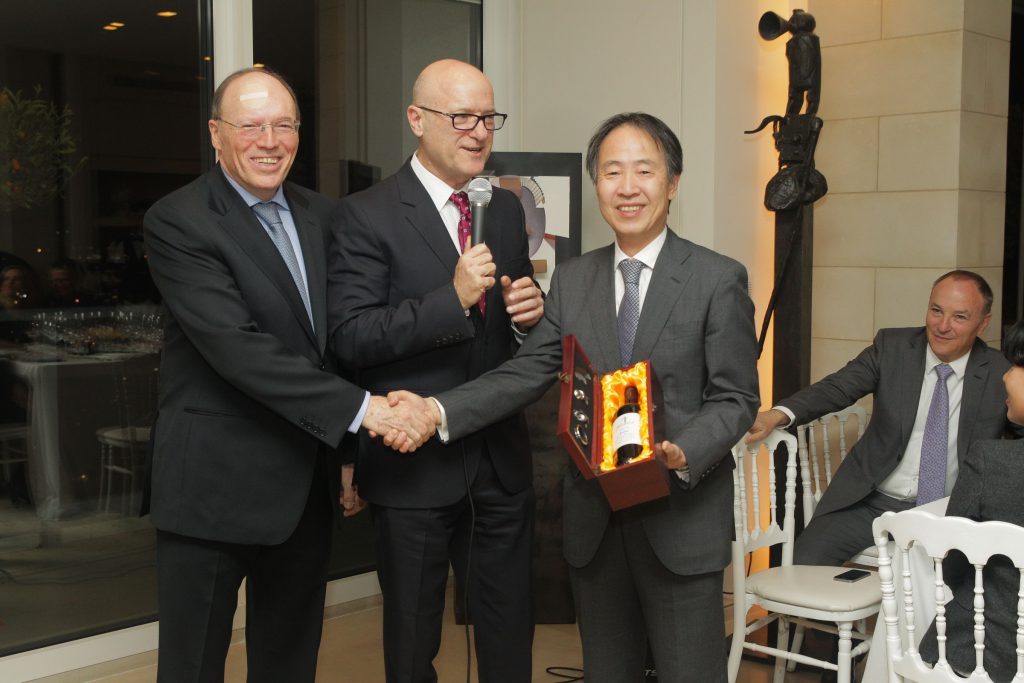
“The Israeli diamond exchange with the cooperation of the Israel Japan chamber of commerce plan to send a delegation of young diamond business people to develop the acquaintance and relationships of the next generation.”

“We feel a strengthening in diamonds for investment because we believe the diamond will retain its value. ‘Diamonds are forever’ is not just a saying.”
Official Website

